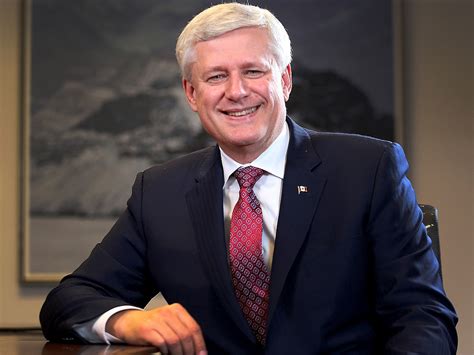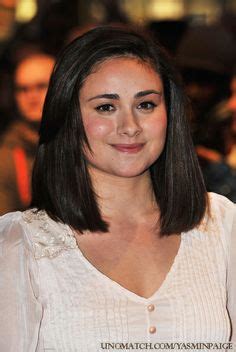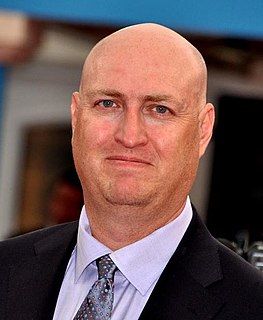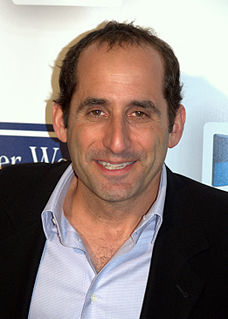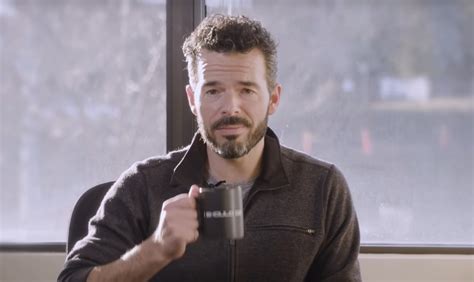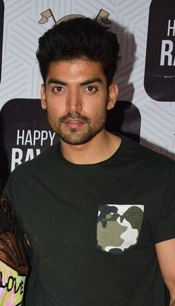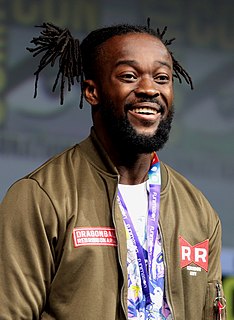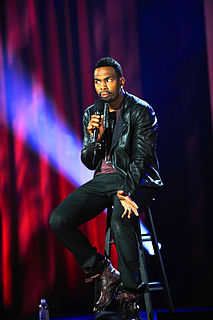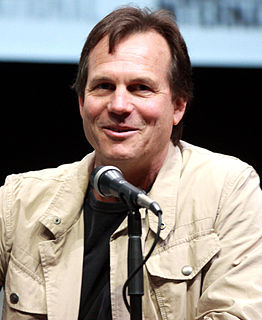A Quote by Kali Hawk
The great thing about television is that most things get resolved by the end of the episode. So I think a lot of people watch TV to see something of their real lives reflected on the screen, but also they're hoping for that happy ending.
Related Quotes
The first thing I say when people ask what's the difference [between doing TV and film], is that film has an ending and TV doesn't. When I write a film, all I think about is where the thing ends and how to get the audience there. And in television, it can't end. You need the audience to return the next week. It kind of shifts the drive of the story. But I find that more as a writer than as a director.
There's even more blending of genres happening. They blend sci-fi with action, or family drama with a mystery show. People don't want to just do the same thing that everybody's done a thousand times before, and that's probably a big part of it. I think you're also seeing television and features speak to each other. You see it happen in movies, and it starts to get reflected on the small screen.
There are story-room sessions where you think about the big picture, like a novel, but once you have certain things in place, you have to treat each episode like an hour of TV, and think that maybe this will be the only episode that anyone will ever watch. You want to have some sort of beginning, middle, and end to the episode, even if you have storylines that are carrying over. You still want it to feel like a cohesive hour of entertainment. And you can't think about both at the same time.
If you do an episode about something like transverse myelitis, it's a real disease that's out there, there are a lot of people that have it, and it's hard to get funding for them because people don't know about it. There are actually a lot of doctors that don't know about it. But if you do an episode of House, all of a sudden 15 million people are hearing the words, and it's an opportunity.
People relate to things that feel real to them. All the good, happy, over-sexed and moneyed endings on TV are not the way most of us feel in our lives. The success of 'E.R.,' I think, is not relying on overly sentimental stories that are solved where people's lives wrap up nicely with happy endings.
I think what people watch television for is the emotional continuity, from episode to episode, and feeling that the experience that they had, four episodes ago, has actually been building to an episode that comes later, and knowing that the characters are growing, as a result of that, and making mistakes, is really, really important to the way people connect to television.
The most difficult thing has definitely been movies. From a comedian's standpoint, you think being real big is the best thing, but with movies, the screen is huge, you're big anyway! Also, coming from a TV personality - MTV was all about high energy and selling the hottest video - I had to learn to [take it down]. A lot of characters I'm playing are not necessarily that kind of guy.

